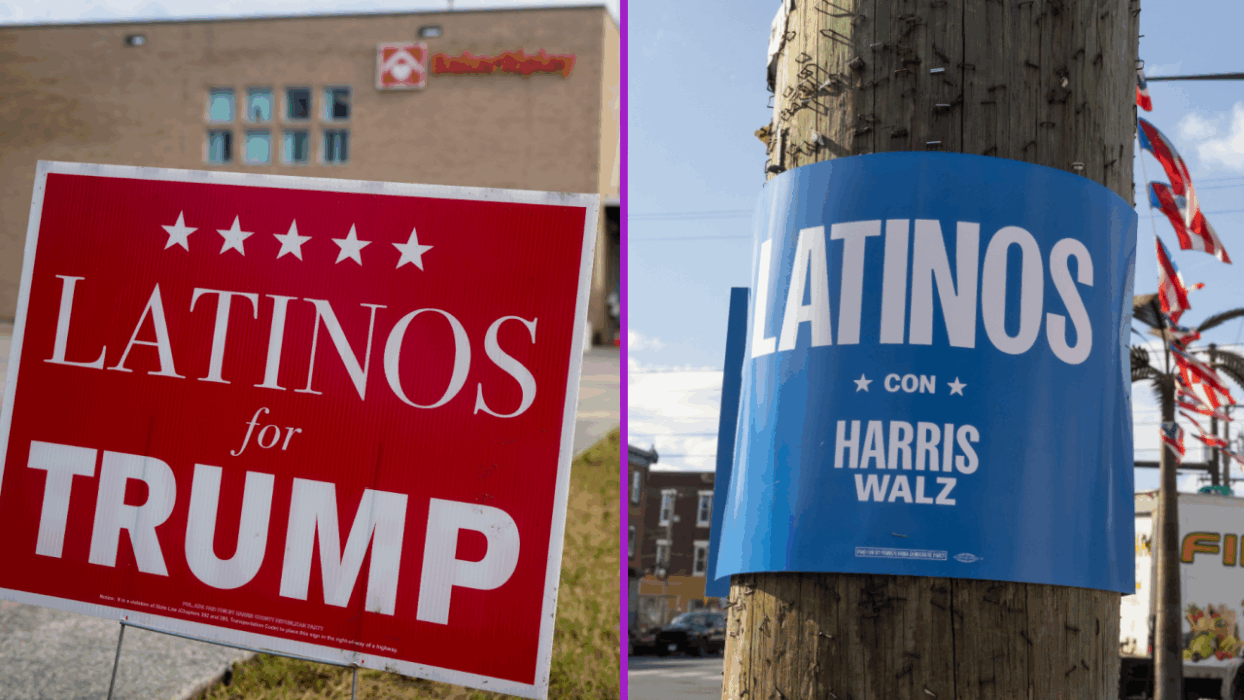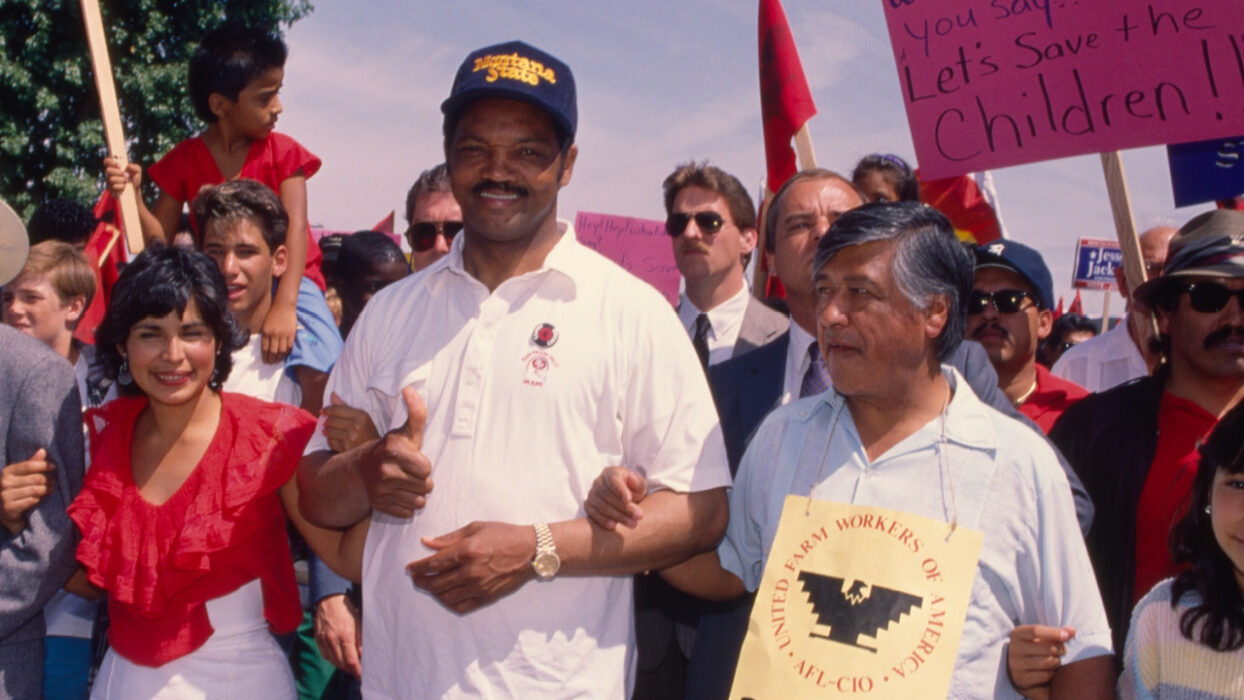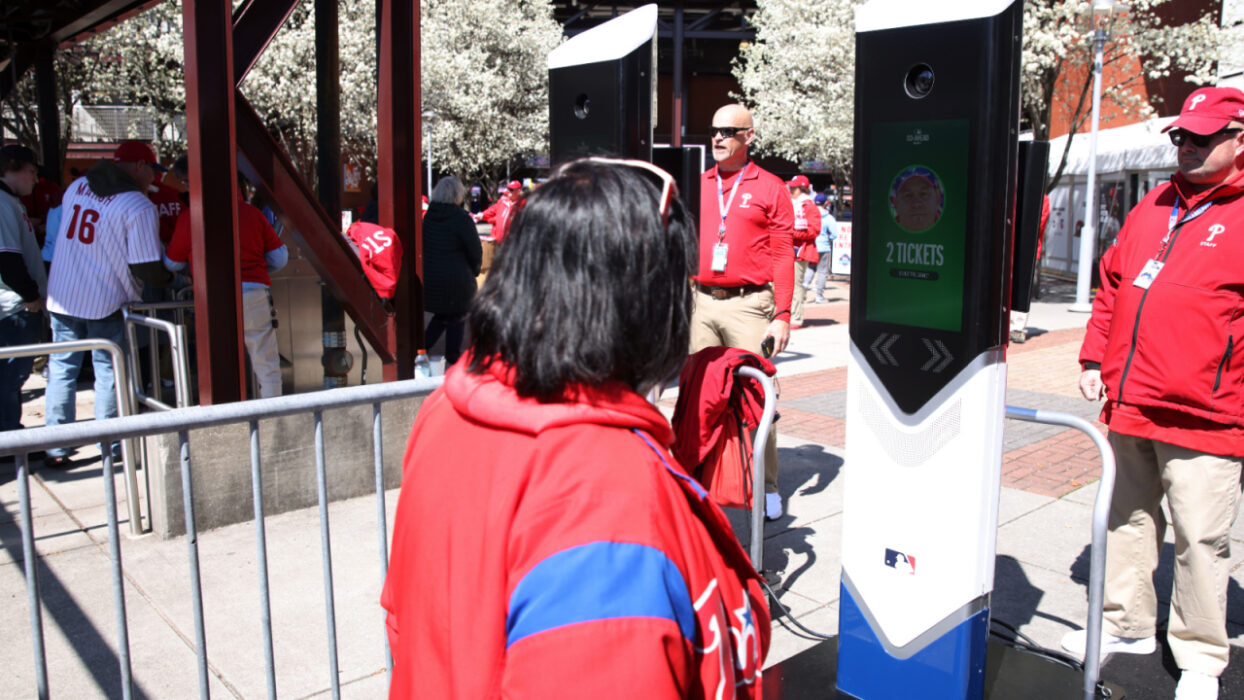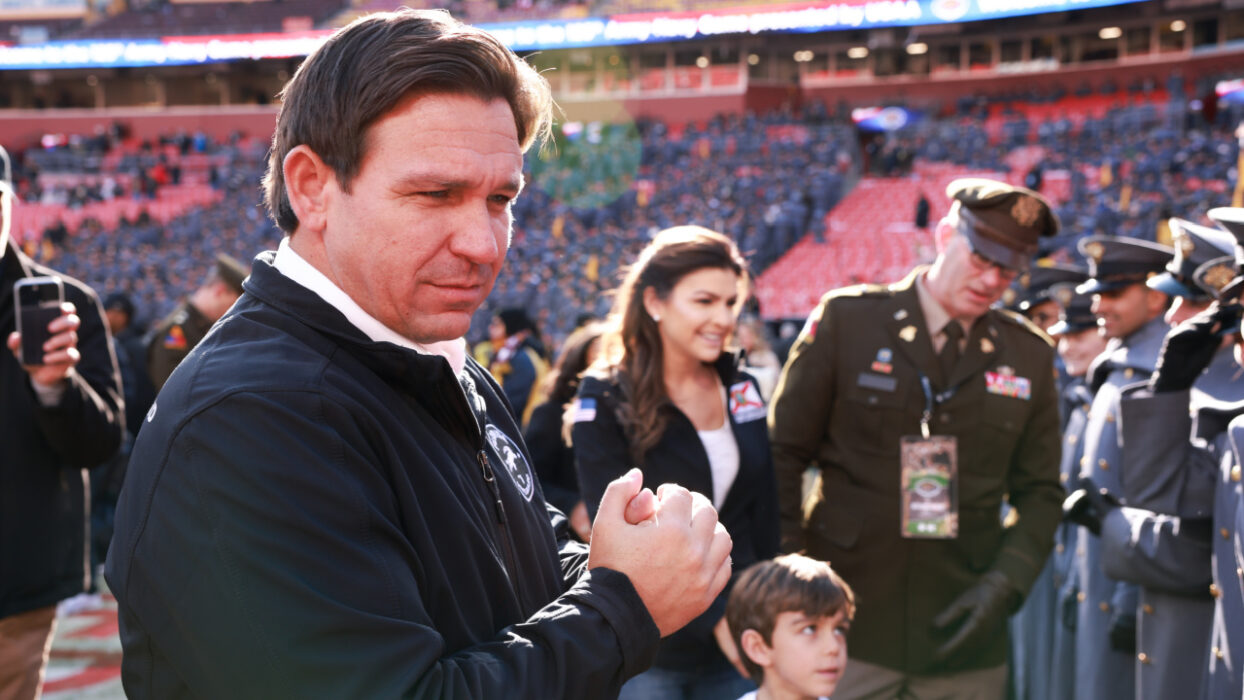
Latino Astronaut Trapped in Space Could Become First American To Spend a Year off Earth
While down here on Earth, we worry about who wins at the Oscars, up in space, a Latino astronaut has more serious concerns.
NASA Latino astronaut Frank Rubio has been stuck on the International Space Station (ISS) for months. Rubio cannot return because of damage to the spacecraft that is supposed to bring him back to Earth.
Frank Rubio has been on the ISS for almost six months. NASA selected Rubio from among 18,000 people for the mission that lifted off on September 21 of last year.
What he didn’t know was that his mission would be extended.
When the American dream becomes a stellar journey
Francisco “Frank” Rubio is a lieutenant colonel in the Army. The son of Salvadoran parents, Rubio immigrated to Miami, Florida, when he was six. He attended the U.S. Military Academy and graduated with a degree in International Relations.
In the U.S. Army, Rubio trained as a pilot and became a platoon leader in the 82nd Airborne Division.
After accumulating over 1,100 flight hours, including 600 combat hours during operations in Bosnia, Iraq, and Afghanistan, Rubio earned his doctorate in medicine from the Uniformed Services University of the Health Sciences.
At the time of his selection as an astronaut candidate, Rubio was the surgeon for the 3rd Battalion, 10th Special Forces Group at Fort Carson.
In 2017, Rubio began his astronaut training as a member of NASA’s Astronaut Group 22.
Five years later, in July 2022, NASA announced that Rubio would fly aboard Soyuz MS-22.
Rubio lifted off aboard Soyuz MS-22 on September 21, 2022. His mission was to last about 6 months and return to Earth in early 2023, but spacecraft failures have left him stuck on the International Station.
Opening the doors to new generations
Although Rubio’s sweet, gravity-free wait has been long, the Latino astronaut remains hopeful and in good spirits.
In an interview with Univision weather anchor Javier Serrano, Rubio said he was “feeling great” after six months on the station.
If extended, Rubio could become the first U.S. and Hispanic astronaut to spend a year in space.
“If I return sooner, I’ll be happy to be with my family,” Rubio said of the possibility of a quicker return. However, he acknowledged that technical problems have meant that “I could stay 3 to 6 months longer in the ISS.”
The Latino astronaut explained that it was a problem with a coolant leak in the Soyuz capsule.
The important thing for Rubio is that his research project in low-Earth orbit opens up possibilities for new generations of Latino astronauts.
The research includes hydroponic and aeroponic crops that will secure food on future expeditions to the Moon and Mars.
“Many Hispanics in the future will have an opportunity,” Rubio, 47, said.
In fact, speaking Spanish is an advantage because, for the Latino astronaut, his native language has made it easier for him to learn Russian.
“Spanish helped me a lot to learn Russian,” he said.




